Jailed Pressure Guidewire: Can OptoWire III Turn a Nightmare into a New Standard in Bifurcation PCI?
Published: 20 March 2023
-
Views:
 2094
2094
-
Likes:
 7
7
-
Views:
 2094
2094
-
Likes:
 7
7
-
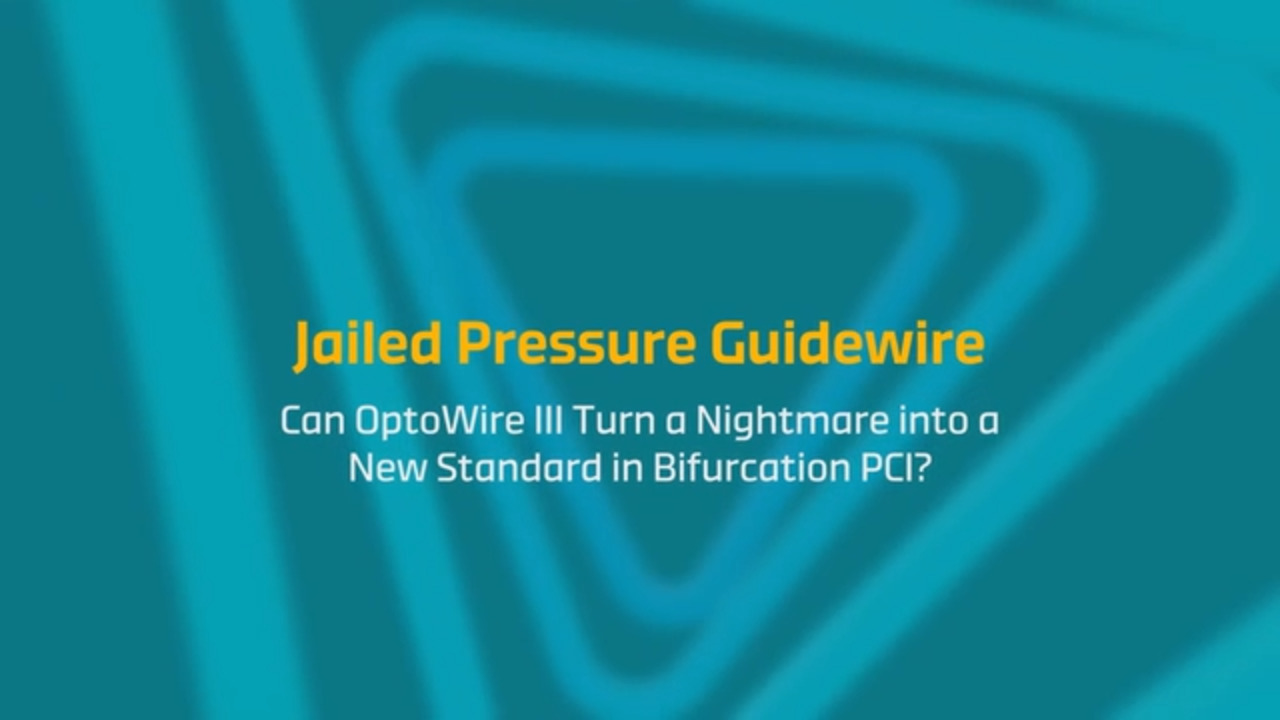 Up Next
Up Next -
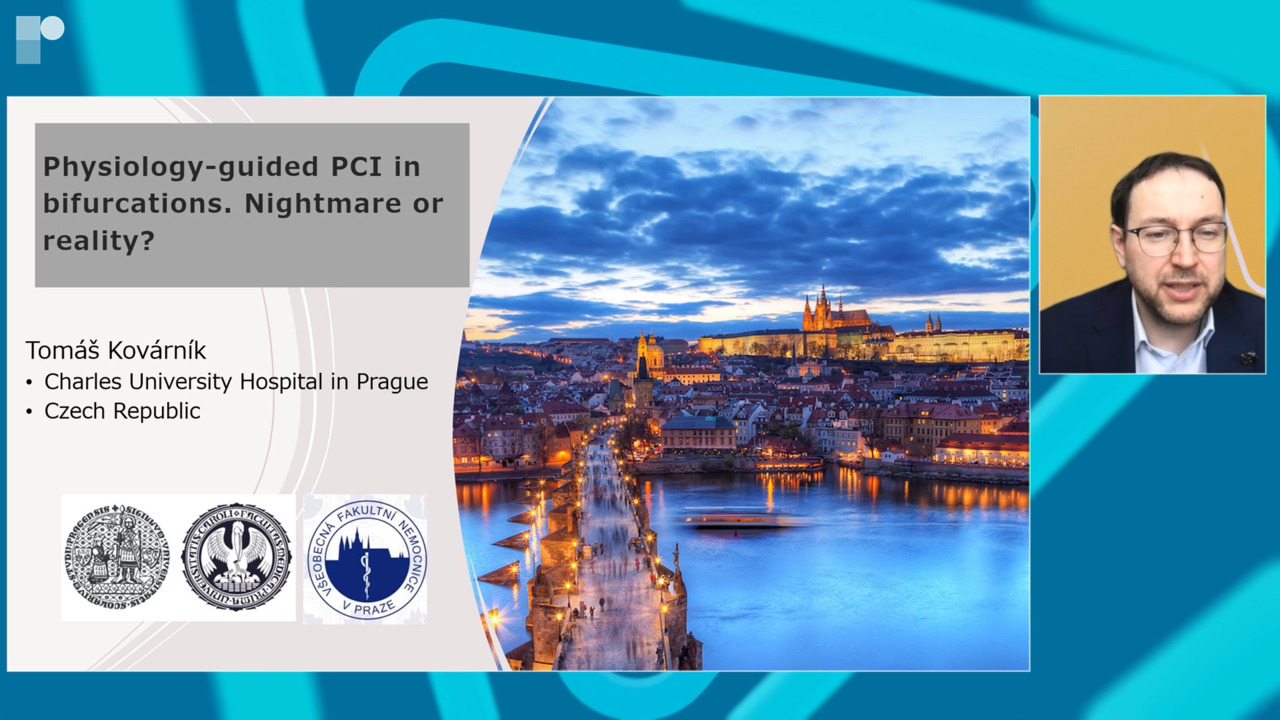 20m 43sPart 1 | Session 2 Physiology-guided PCI in bifurcations. Nightmare or reality?
20m 43sPart 1 | Session 2 Physiology-guided PCI in bifurcations. Nightmare or reality? -
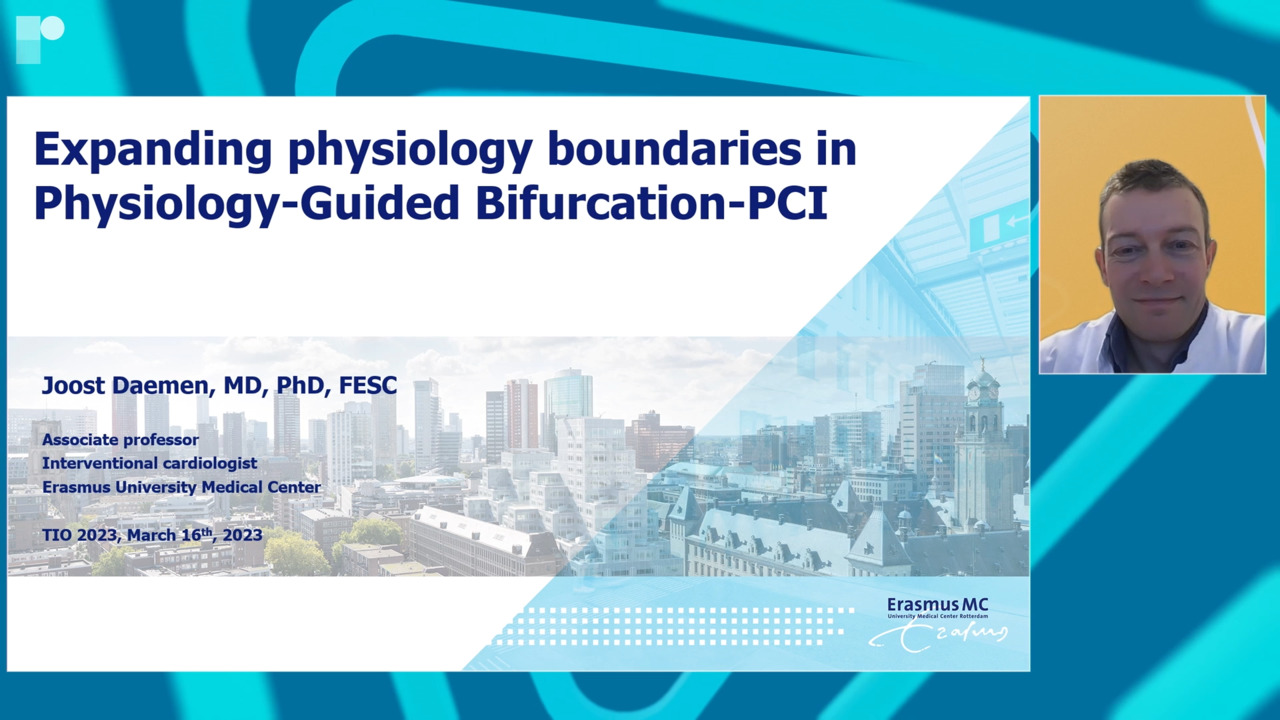 17m 7s
17m 7s
Overview
Filmed at Transcatheter Interventions Online (TIO) on 15 – 17 March 2023, this fascinating, educational breakout session is now available on demand.
Moderators Prof Jacek Legutko (Jagiellonian University Medical College, John Paul II Hospital, Krakow, PL) and Dr Joost Daemen (Erasmus University Medical Center, Rotterdam, NL) alongside a panel of experts discuss strategies on how to optimize complex PCIs in bifurcations and understand the applications of OpSens Optowire III and how it supports the clinical decision-making in a complex patient setting.
This breakout begins with a presentation from Dr Vladimir Rubimbura, (University Hospital Centre Vaudois (CHUV), Lausanne, CH) where he discusses how 'Jailed Optowire III: from in vitro validation to daily practice' focuses on the performance, accuracy and freedom of the Jailed Optowire III. Following this Dr Tomas Korvanik (First Faculty of Medicine and General Teaching Hospital, Prague, CZ) presents the 'Physiology-guided PCI in bifurcations. Nightmare or reality?' which focuses on choosing the best PCI strategy.
Lastly, Dr Joost Daemen presents 'Does OptoWire III have what it takes to expand physiology boundaries in Physiology-Guided Bifurcation-PCI' where he focuses on post PCI physiology and how it prevents complex two stent techniques in bifurcation lesions.

Learning Objectives
- Learn strategies to optimize complex PCIs in bifurcations
- Update knowledge on the cutting-edge technology in physiology pressure guidewires
- Understand the applications of Opsens Optowire III to support decision-making in this complex patient setting
Target Audience
- Interventional Cardiologists
- Surgeons with an interest in transcatheter treatment strategies for coronary and structural heart disease
- Interventional Cardiology Nurses
More from this programme
Part 1
Jailed Pressure Guidewire: Can OptoWire III Turn a Nightmare into a New Standard in Bifurcation PCI?
Faculty Biographies
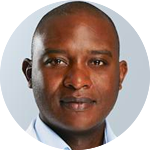
Rubimbura Vladimir
Interventional Cardiologist
Dr Vladimir Rubimbura is an Interventional Cardiologist working at the University Hospital Centre Vaudois in Lausanne, Switerland, and EHC Hospital, Morges, in Switzerland.
Dr Rubimbura's main interests in the interventional field are coronary complex procedures and coronary imaging. He’s involved in research in the field of coronary imaging and coronary angioplasty.

Jacek Legutko
Prof Jacek Legutko is an Interventional Cardiologist at Jagiellonian University Medical College, Head of the Clinical Department of Interventional Cardiology, John Paul II Hospital in Krakow and Chair of the Scientific Congress Committee of the Polish Cardiac Society.
Prof Jacek Legutko's main research interest is primary PCI in acute myocardial infarction, intravascular imaging and physiology-guided therapy in coronary artery disease and complex percutaneous coronary interventions.
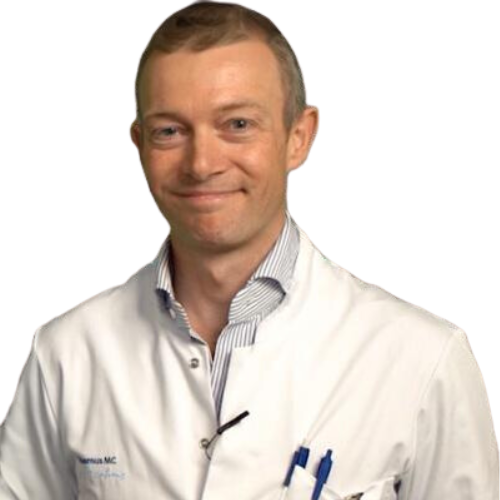
Joost Daemen
Interventional Cardiologist
Dr Joost Daemen is a senior interventional cardiologist at the Thorax Center, Erasmus MC, Rotterdam, NL. Dr Daemen obtained his degree in medicine at the Erasmus University Medical Center. He is actively involved in several drug-eluting stent trials and is Principal Investigator of four trials focusing on the safety and efficacy of renal sympathetic denervation in hypertension, heart failure, vasospastic angina and heart failure. Dr Daemen is a member of the editorial board of EuroIntervention and the Netherlands Heart Journal, member of Young ICIN, and has completed courses in biomedical statistics and device training.
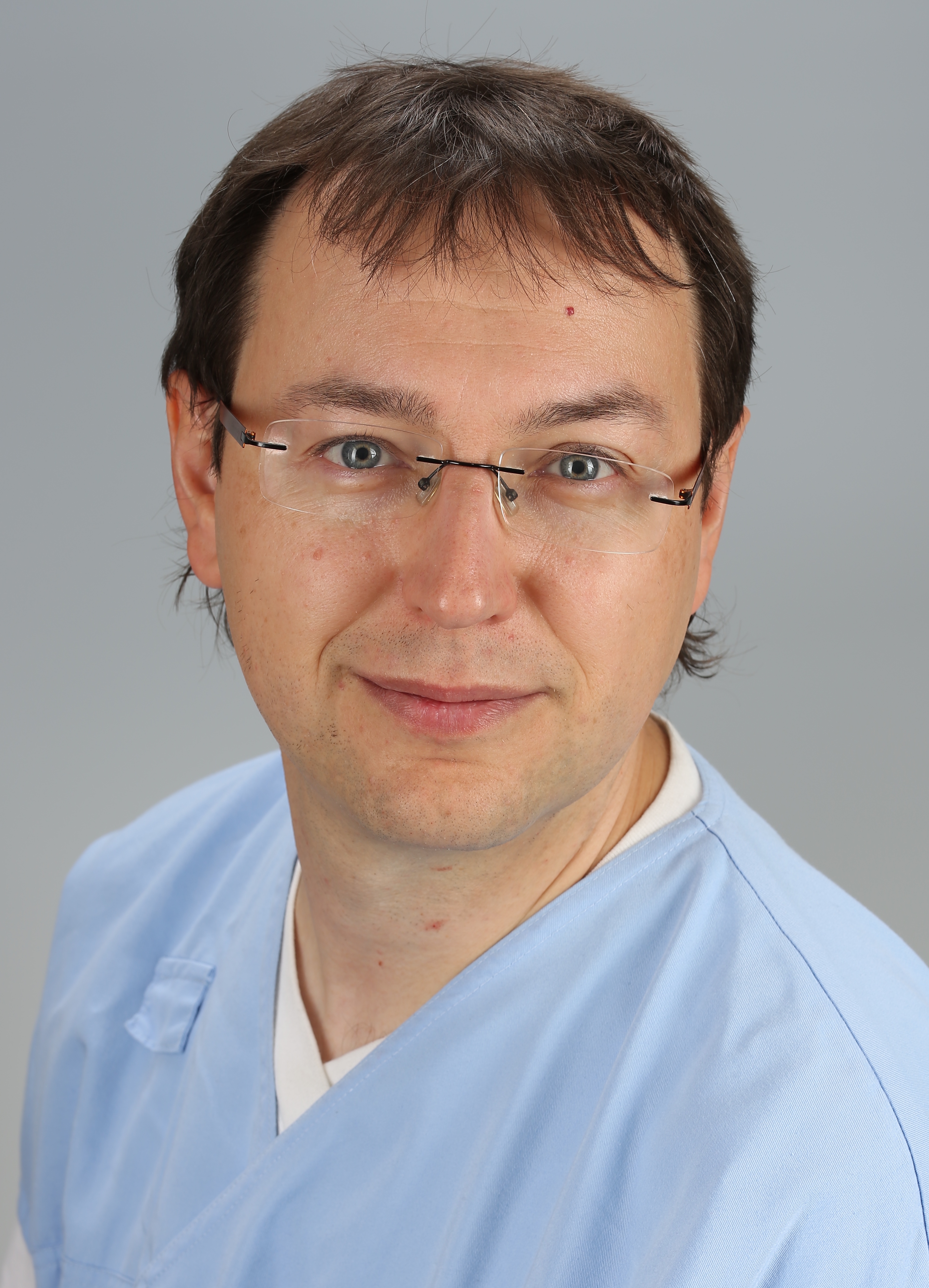
Tomas Kovarnik
Associated Professor of Internal Medicine
Dr Tomas Kovarnik is Head of the Invasive Cardiology Department from 2015 and Associated Professor of Internal Medicine at the Charles University in Prague (Czech).
Dr Tomas Kovarnik's main fields of interest are in development and regression of coronary atherosclerosis, plaque risk features, coronary physiology, invasive coronary imaging modalities, TAVI and acute cardiac care.






Comments